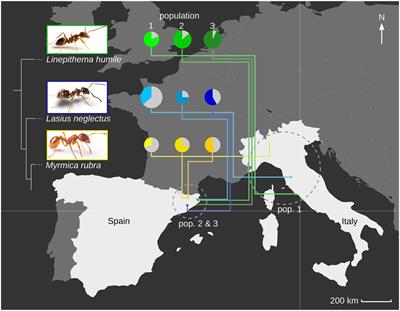EDITORIAL
Published on 11 Mar 2024
Editorial: Host factors involved in viral infection
doi 10.3389/fmicb.2024.1382503
- 565 views
6,370
Total downloads
23k
Total views and downloads
You will be redirected to our submission process.
EDITORIAL
Published on 11 Mar 2024
REVIEW
Published on 23 Nov 2023
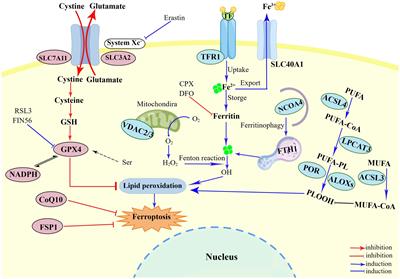
REVIEW
Published on 06 Oct 2023
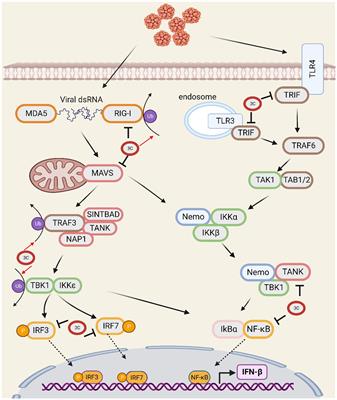
ORIGINAL RESEARCH
Published on 11 Aug 2023
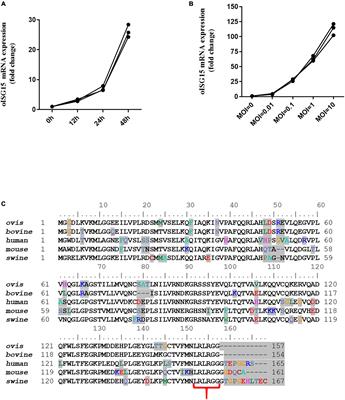
HYPOTHESIS AND THEORY
Published on 13 Jul 2023
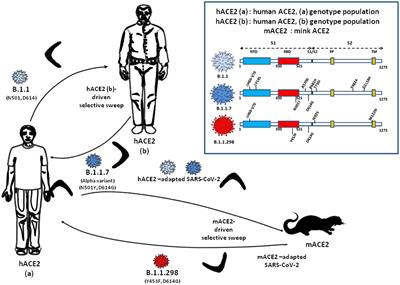
REVIEW
Published on 06 Jul 2023

ORIGINAL RESEARCH
Published on 15 Jun 2023

ORIGINAL RESEARCH
Published on 23 May 2023
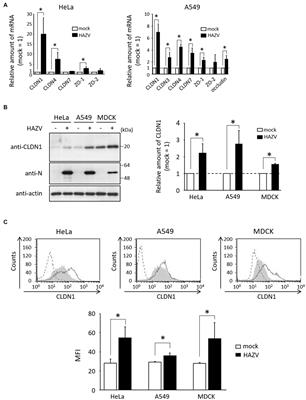
ORIGINAL RESEARCH
Published on 16 Mar 2023
